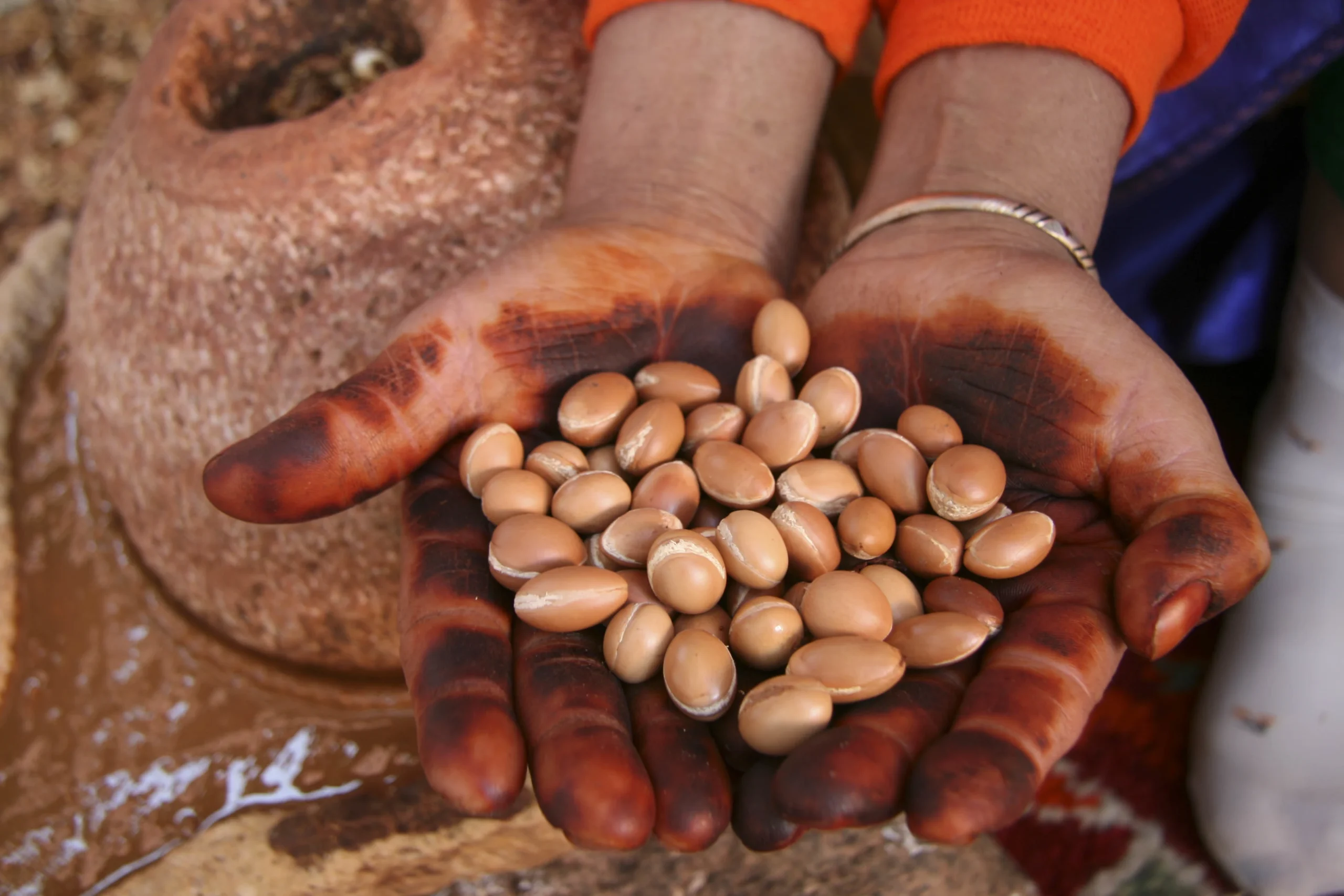The global demand for argan oil, often referred to as “liquid gold,” has skyrocketed over the past two decades. This precious oil, derived from the kernels of the argan tree endemic to Morocco, is celebrated for its culinary, cosmetic, and medicinal properties.
However, Morocco’s Big 5 argan oil exporters: EFAS, Zineglob, Oriental Group, Bio Agadir, and UCFA are currently facing an unprecedented crisis due to the skyrocketing prices of argan seeds, due to a full economical and environmental change.
Drawing on credible sources such as Equal Times , Le360 , and reports from the Moroccan Ministry of Agriculture, this article explores the profiles of these key players, their market significance, and the systemic challenges they face amid this price surge.
Before we start to explore the present crisis, we will, at first, introduce who are all these company. All of these companies have the necessary certifications regarding exports and the high quality of the oil, they are leading the export from Morocco:
EFAS (Entreprise de Fabrication d’Argane et de Ses Dérivés): Moroccan Oil Exporter
EFAS is one of Morocco’s leading producers of argan oil, specializing in both culinary and cosmetic-grade products. With state-of-the-art facilities and a strong focus on quality control, EFAS has carved out a significant niche in the international market. According to industry reports, EFAS exports primarily to Europe and North America, where its products are highly sought after by premium brands. The company holds approximately 15% of Morocco’s total argan oil export market share, making it a cornerstone of the industry. Its ability to meet stringent international standards has earned it partnerships with some of the world’s largest beauty and food companies. EFAS is sourcing seeds from nearby regions like Tioute.
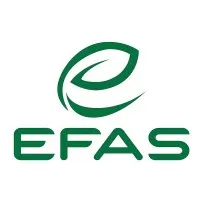
Zineglob: Moroccan Oil Exporter
Zineglob stands out for its commitment to sustainability and community empowerment. The company collaborates closely with women’s cooperatives in rural areas, ensuring fair wages and ethical sourcing. As highlighted in a report by Le360 , Zineglob’s products are distributed globally, with a strong presence in France, Germany, and the United States. It accounts for roughly 18% of Morocco’s argan oil exports. By prioritizing eco-friendly practices and supporting local communities, Zineglob has built a reputation as a socially responsible player in the industry. Zineglob operates in Souss-Massa.
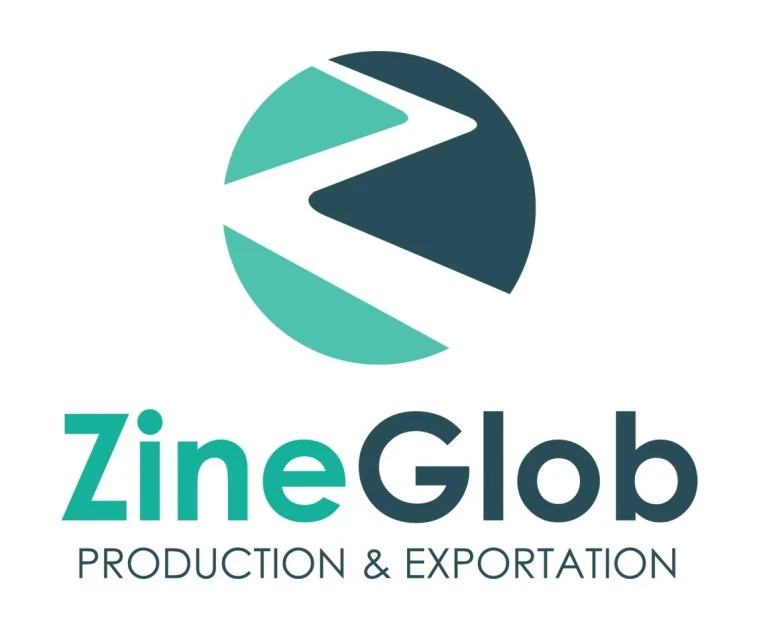
Oriental Group: Moroccan Oil Exporter
As a diversified conglomerate, Oriental Group has expanded its operations into the argan oil sector with remarkable success. Leveraging advanced extraction technologies, the group produces high-quality oil at scale. According to data from Agrimaroc , Oriental Group commands about 20% of the domestic market and is a major player in exports to Asia, particularly Japan and South Korea. Its strategic investments in research and development have enabled it to innovate and stay ahead of competitors in terms of efficiency and product quality. Oriental Group is active in Marrakech-Safi region (Essaouira) but as well in Guelmim-Oued Noun and Agadir.
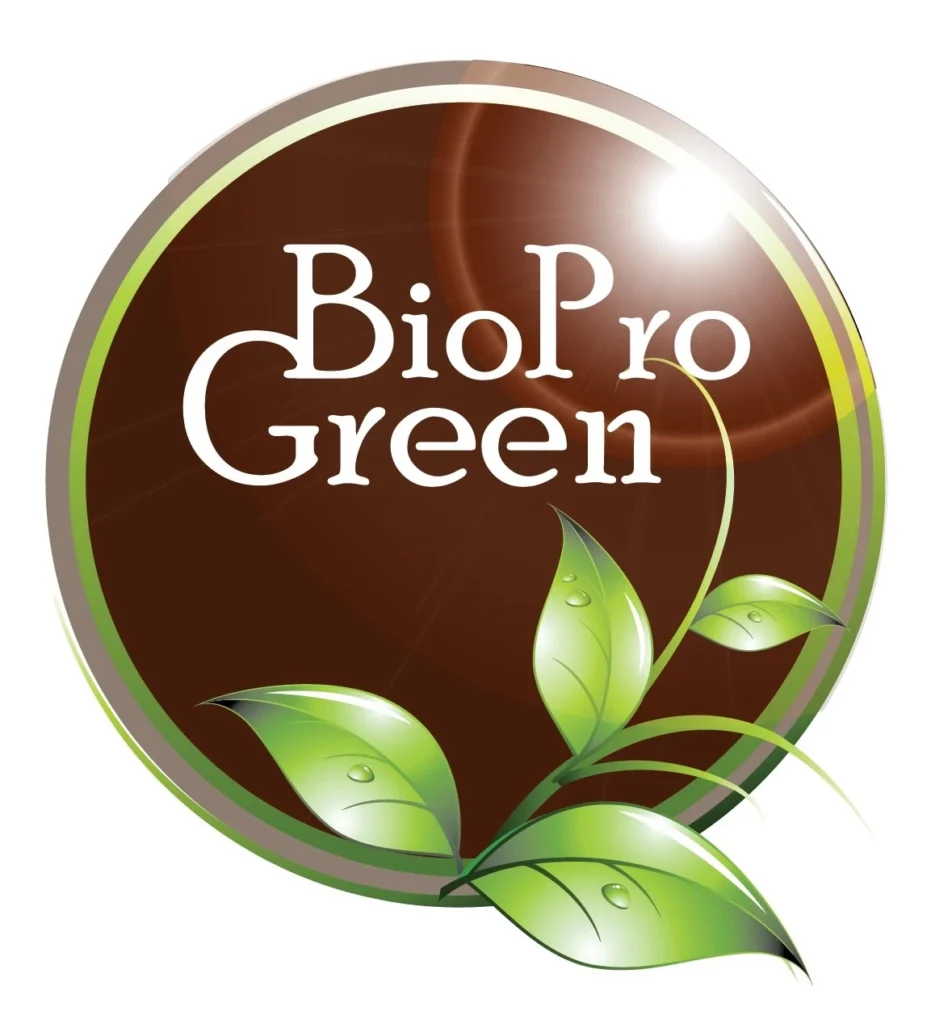
Bio Agadir: Moroccan Oil Exporter
Bio Agadir is a pioneer in organic argan oil production, certified by international bodies such as USDA Organic and Ecocert. The company emphasizes eco-friendly practices and transparency throughout its supply chain. As noted in a study published on ResearchGate , Bio Agadir enjoys a loyal customer base in Europe, contributing around 12% to Morocco’s total exports. Its dedication to organic certification has made it a trusted name among health-conscious consumers worldwide. Bio Agadir is active in Marrakech-Safi region.

UCFA (Union des Coopératives Féminines d’Arganier): Moroccan Oil Exporter
Unlike the other four companies, UCFA is not a private enterprise but a cooperative network of women’s groups funded by the Moroccan government. UCFA plays a vital role in empowering rural women economically while preserving traditional methods of argan oil production. Despite operating on a smaller scale compared to its counterparts, UCFA supplies nearly 10% of Morocco’s argan oil exports. A report by ONICL highlights that UCFA’s work has been instrumental in promoting gender equality and sustainable livelihoods in some of Morocco’s most underserved regions. UFCA sourcing seeds from nearby regions like Tioute as well as EFAS.
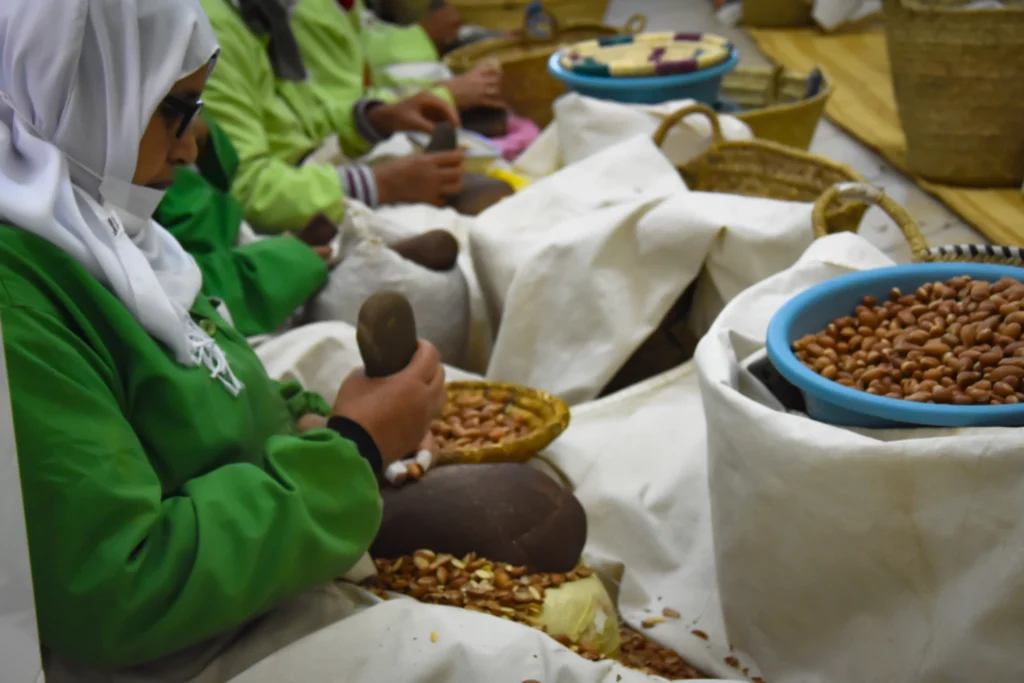
The Current Crisis: Rising Argan Seed Prices
To produce just 1 liter of argan oil , manufacturers require 2.1 kilograms of argan seeds . Traditionally, these seeds were sourced at relatively stable prices (in 2016, the price average was 35 dhs per kilogram) , allowing producers to maintain profitability. Producers only had to face the country’s inflation, which was 2% per year.
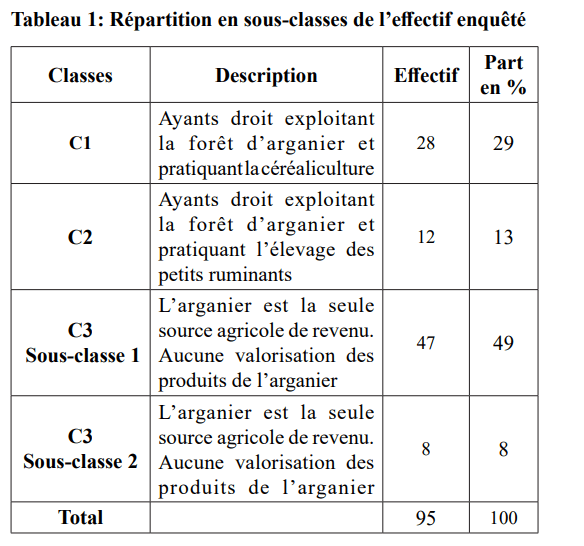
Curious about how argan oil production models impact profitability? Share your thoughts in the comments
We would be delighted to hear from you! Feel free to reach out for more information, we are here to answer your questions and provide you with all the insights you need.
However, recent developments have disrupted this equilibrium. In Agadir, the cost of argan seeds has reached 225 dirhams per kilogram, while in Essaouira, it stands at 240 dirhams per kilogram in March 2024. These figures represent a staggering increase compared to previous years when prices hovered around 120–150 dirhams per kilogram, as reported by Le360 .
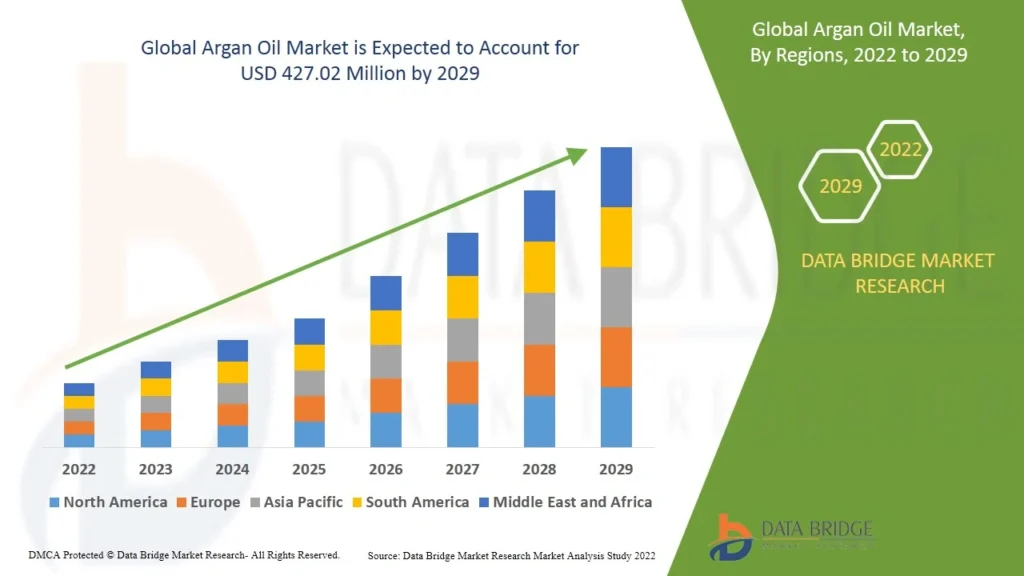
The reasons behind this surge are multifaceted. The COVID-19 pandemic exacerbated existing challenges, including logistical disruptions and labor shortages (before 2020, cooperatives were producing 3000 liters annually. In 2024, for some of them, their production dropped to just 50 liters due to seeds prices inflation).
While some recovery occurred post-pandemic, structural issues persist. A growing number of intermediaries have entered the market, driving up seed prices through speculative trading. This trend has squeezed margins for producers who rely on direct procurement from local farmers or cooperatives.
Global Warming and climate conditions
Additionally, erratic weather patterns linked to climate change have reduced argan tree yields, further tightening supply and inflating costs, as outlined in the ONICL Agricultural Report 2019-2020. Drought also deprives the camel herds, which usually roam further south, of grazing land. Their shepherds then guide them towards the argan groves, where they cause significant damage. The heat has also favored intensive fruit and vegetable cultivation. The vast greenhouses and fenced fields are cutting through the argan groves in the Agadir region and lowering the water table levels, which are vital to the argan trees.
Rights holders, people living on-site, can clearly see that businesses are multiplying and the demand for this resource is growing exponentially. It is natural that those living in the exploited areas are becoming more interested in the attraction of profit, blocking the raw material and ultimately inflating the prices to resell it, either to companies or individuals, at a higher price than 10 years ago, to the highest bidder.
The inflation of food products, the educational crisis in rural areas, and the drought year after year make this resource increasingly scarce, which disadvantages all parties. The argan market is becoming more and more profitable, sales are booming, and prices are skyrocketing (as we can see with the sale of argan oil from Moroccanoil at 980 euros per liter, during Eurovision in 2022-2024).
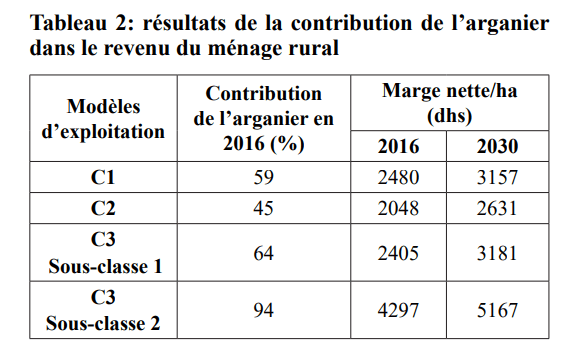
The intervention of the State in response to the skyrocketing prices:
More than 31 billion dirhams were invested between 2012 and 2020 to strengthen the aspects that the Big 5 companies already have: sustainable development and the establishment of a virtuous circle between the rights holders, the companies themselves, and the state.
These investments are made by the National Agency for the Development of Oasis Zones and Argan Tree Cultivation. The strategy for environmental development and protection is taken very seriously because of the significant role that argan oil plays in Morocco’s economy: we are talking about an export value reaching 31 million dollars in 2021, or 301 million dirhams.
The production amounts to between 4,000 and 6,000 tons of argan oil per year. Moreover, the Generation Green 2030 plan aims to rehabilitate 400,000 hectares of argan forests and expand argan cultivation by over 50,000 hectares.
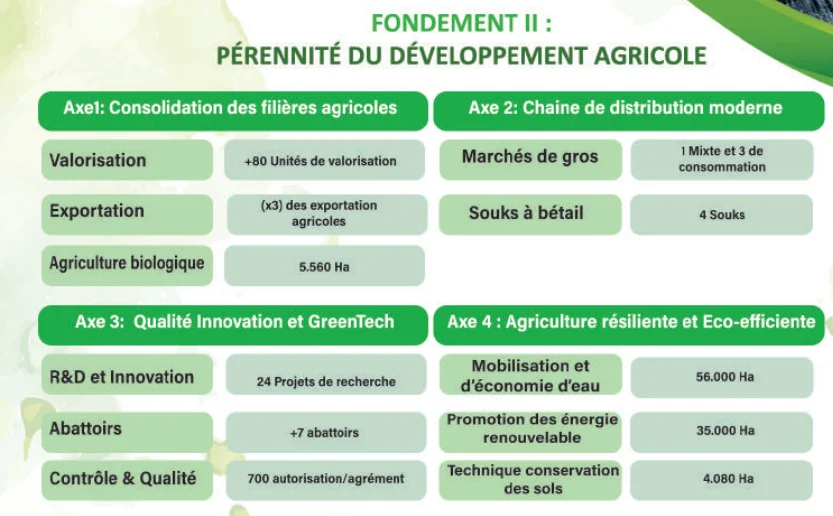
Why Are the Big 5 Struggling?
The rising cost of raw materials poses a severe threat to the viability of Morocco’s argan oil industry. For the Big 5, maintaining competitive pricing in international markets has become increasingly difficult. With seed costs accounting for up to 70% of production expenses, even slight increases can erode profitability. Companies like EFAS and Zineglob, which operate on tight margins, are particularly vulnerable. Before the arrival of Covid, the export price of the merchandise was $20. Today, it is $56, just at the factory gate, which represents three times its price in just 5 years.
Furthermore, we must not forget that direct competitors like MoroccanOil are also very present in the market and are also seeking to gain market share during this price crisis. International companies like Olvea do not hesitate to buy argan seeds in bulk at high prices to secure as much raw material as possible from the rights holders and ensure it is not accessible to the big 5.
Therefore, the big 5 companies must juggle multiple factors to maintain their leadership positions and adapt to the demands of each party and the competition.
Equal Times’ report on women cooperatives
A report by Equal Times highlights how large-scale industrial players are competing with small cooperatives, creating tension within the supply chain. This competition has driven up seed prices, leaving cooperatives and smaller producers struggling to survive. The Big 5, despite their size and influence, are not immune to these pressures. Their reliance on local cooperatives for raw materials means they are directly impacted by the volatility in seed prices.
Moreover, countries such as Tunisia and Turkey are emerging as alternative suppliers of argan-like oils, putting additional pressure on Moroccan exporters to keep prices low. Consumers expect consistent quality and affordability, making it challenging for producers to pass on higher costs without risking brand loyalty. Firms as Big 5 prioritize social responsibility, are also struggling to uphold their commitments to fair wages and sustainable practices amid rising costs.
A Temporary Solution: Production Halt
In response to the crisis, the Big 5 have collectively decided to halt production for one month. Their goal is twofold.
First, by temporarily ceasing purchases, they aim to force intermediaries to lower seed prices, thereby restoring balance to the supply chain. Second, this pause will allow time for negotiations with farmers and cooperatives to establish long-term contracts that mitigate future volatility. While this strategy carries risks such as potential loss of market share it underscores the urgency of addressing systemic issues within the industry.
It should not be forgotten that most of these companies donate a portion of their revenue to associations and pay for women’s cooperatives to be able to work. The goal of this approach is not to maximize profit.
On the contrary, the Big 5 primarily seek a win-win relationship to ensure that this situation is beneficial for everyone: from the raw product to the final product for the consumer.
This decision reflects a broader effort to stabilize the argan oil sector. According to Le360 , the soaring prices of argan oil in the Souss region have already threatened the sustainability of cooperatives.
Without intervention, the entire value chain could collapse, jeopardizing the livelihoods of thousands of rural women and the environmental benefits of argan tree preservation.
Conclusion
The plight of Morocco’s Big 5 argan oil exporters highlights the fragility of a booming yet vulnerable industry. Rising seed prices, driven by speculation and environmental factors, threaten to undermine decades of progress in promoting sustainable development and economic empowerment. To safeguard the future of argan oil production, stakeholders must work together to implement reforms that stabilize prices, reduce reliance on intermediaries, and enhance resilience against external shocks. Only then can Morocco continue to shine as the world’s premier supplier of this coveted “liquid gold.” The Moroccan government plans to expand the area of argan trees in Morocco over the next 10 years. We hope that the state will regulate illegal harvests more strictly for companies like the Big 5, so they can work peacefully without having to deal with constantly rising price fluctuations.
Moroccan State’s Intervention and Observations
Without intervention, the Moroccan argan industry, a heritage protected by UNESCO, generating 1.2 billion dirhams annually – is at risk of collapsing, jeopardizing 25,500 jobs and millions in revenue. It is therefore necessary to balance the prices to prevent customers from sourcing from other countries and gradually losing our national product, which is argan oil. It is a whole societal system that would regress in the face of the collapse of argan oil sales. Rural communities are primarily seeking to educate themselves more and more, and women are increasingly striving for independence. If sales decline, it is not only the argan ecosystem that will suffer, but also the human lives behind this ancestral work, which is part of the UNESCO heritage.
To conclude this article, we can observe a real dependence of the argan cultivation on the rights holders: 29% of rural households derive 49% of their income from argan, which illustrates the importance of this industry. Additionally, argan represents at least 43% of the income for 70% of households.
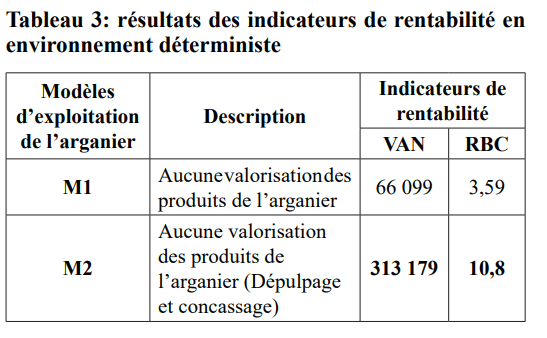
As for the outlook, we observe an average increase of 27% in the net margin of the argan tree by 2030, mainly due to a remarkable rise in argan prices between 2016 and 2030. This is why adjustments and agreements are necessary between all parties.


